Of the 120 nations which have ratified the Paris Agreement, more than 70 are developing countries which have referred to innovation and R&D in their nationally determined contributions (NDCs). As nations now work towards achieving their NDCs, the Technology Executive Committee (TEC) of the UNFCCC is investigating the best ways they can provide support.
Energetics’ Dr Mary Stewart is a member of the TEC taskforce charged with the responsibility of assessing RD&D financing needs, including options for improving public and private sector investment and deploying climate technologies. On the taskforce Mary represents Sustainable Business Australia (SBA) in the role of ‘BINGO’ observer (Business, Industry and NGOs). In this article Mary provides insights into the work of the taskforce which is required to deliver a major paper by May 2017.
Advising and supporting developing nations
Last year I was honoured to be nominated by Sustainable Business Australia (SBA) to represent Australia on this critical taskforce as a BINGO observer and contributor. Over the two years of the appointment, I will be able closely observe international progress on climate change.
The current focus of the TEC taskforce is the development of advice, primarily to policy makers, on how innovation can support the implementation of the technology elements of NDCs and the Paris Agreement’s mid-century strategies. This work is due for delivery in May as a paper and for presentation at a TEC event that will form part of its scheduled 13th meeting.
In my observations to date, the definition of the problem is likely to be the most challenging aspect:
- understanding how to measure success (cost reduction, greater deployment of technologies, reduced emissions, increased employment, successful implementation of national plans, etc.)
- the scope of the analysis (what should the analysis be limited to: mitigation and adaptation, stage of technology development, categories of finance to be considered).
Once the problem is defined, the paper will consider current trends in financing, and how to enhance financing models and structures to deliver success.
The paper has been scoped by the committee and is currently being worked on by external consultants. The expectation is that a first draft will be available to the committee to review in the short term.
Presenting the paper as part of a TEC special event in May
Building on the momentum created by recent innovation initiatives and given the focus of countries to implement their NDCs, the TEC decided that it will hold a special event as part of its 13th meeting in May. As the TEC says in a briefing note, “The 1.5°C goal, particularly, will need a revolution in technological (and other) terms. Accordingly, the Paris Agreement notes that “[a]ccelerating, encouraging and enabling innovation is critical for an effective, long-term global response to climate change and promoting economic growth and sustainable development.” In the last year a number of high-level actors launched initiatives which focus on the key role that innovation must play in supporting accelerated and scaled-up climate efforts. These include Mission Innovation, the Bill Gate’s led Breakthrough Energy Coalition and Bertrand Piccard’s World Alliance for Clean Technologies.”
Furthermore the TEC states, “(We have) never before held an event which focuses squarely on how the TEC can support countries to implement actions with the aim of achieving the Paris Agreement”.
The objectives are:
- Highlight the key role that innovation policy and international cooperation on innovation can play in accelerating the implementation of NDCs and mid-century strategies
- Showcase experiences, good practices and lessons learned from previous relevant efforts
- Identify possible innovation policies and international cooperation on innovation that can be established, strengthened and/or implemented to support countries to accelerate the implementation of their NDCs and mid-century strategies.
From the 13th meeting, the TEC will prepare recommendations for COP 23 based on the technical paper on RD&D financing and the outcomes of the May event.
I look forward to providing further updates as the work of the taskforce progresses.



